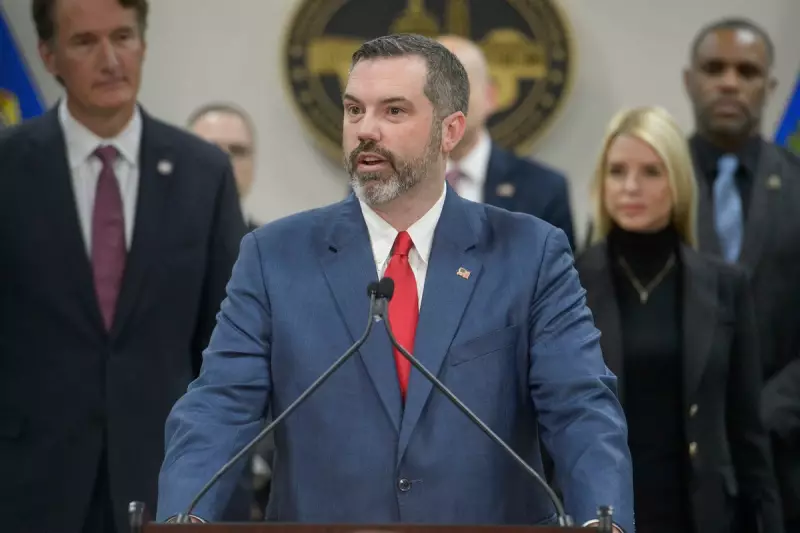
In a dramatic development within the US justice system, a senior federal prosecutor appointed by former President Donald Trump has been forced to resign. Erik K. Siebert, who served as the US Attorney for the District of Columbia's Superior Court Division, stepped down after private messages containing his blunt criticisms of high-profile figures were made public.
The controversy erupted when texts and emails, obtained by The Independent, revealed Siebert's deeply negative views on two key figures in American law enforcement: former FBI Director James Comey and New York Attorney General Letitia James.
Scathing Private Criticisms Surface
The leaked correspondence shows Siebert did not hold back. In one particularly blunt assessment, he reportedly referred to New York's top lawyer, Letitia James, with a highly derogatory term. James is notably leading a massive civil fraud case against former President Trump and his business empire.
His comments on James Comey were equally damning. The former FBI director, who was famously fired by Trump, was described by Siebert in equally harsh and unflattering terms within the private exchanges.
A Swift Fall from Grace
The release of these messages prompted immediate action from the Department of Justice (DOJ). A spokesperson for the US Attorney’s office in Washington DC confirmed that the matter was referred to the DOJ's Office of Professional Responsibility, its internal affairs unit.
Facing certain disciplinary proceedings and immense professional scrutiny, Siebert's position became untenable. His resignation was announced shortly thereafter, marking a swift end to his tenure as a top prosecutor.
The Wider Implications
This incident throws a spotlight on the deeply entrenched political divisions within the American legal apparatus. The resignation of a Trump-appointed official over comments targeting two figures central to investigations into the former president underscores the ongoing political tensions surrounding the judiciary.
It raises questions about the impartiality expected of senior prosecutors and the consequences of private political opinions becoming public. The case continues to resonate as a stark example of how personal views can collide with professional responsibilities at the highest levels of government.






